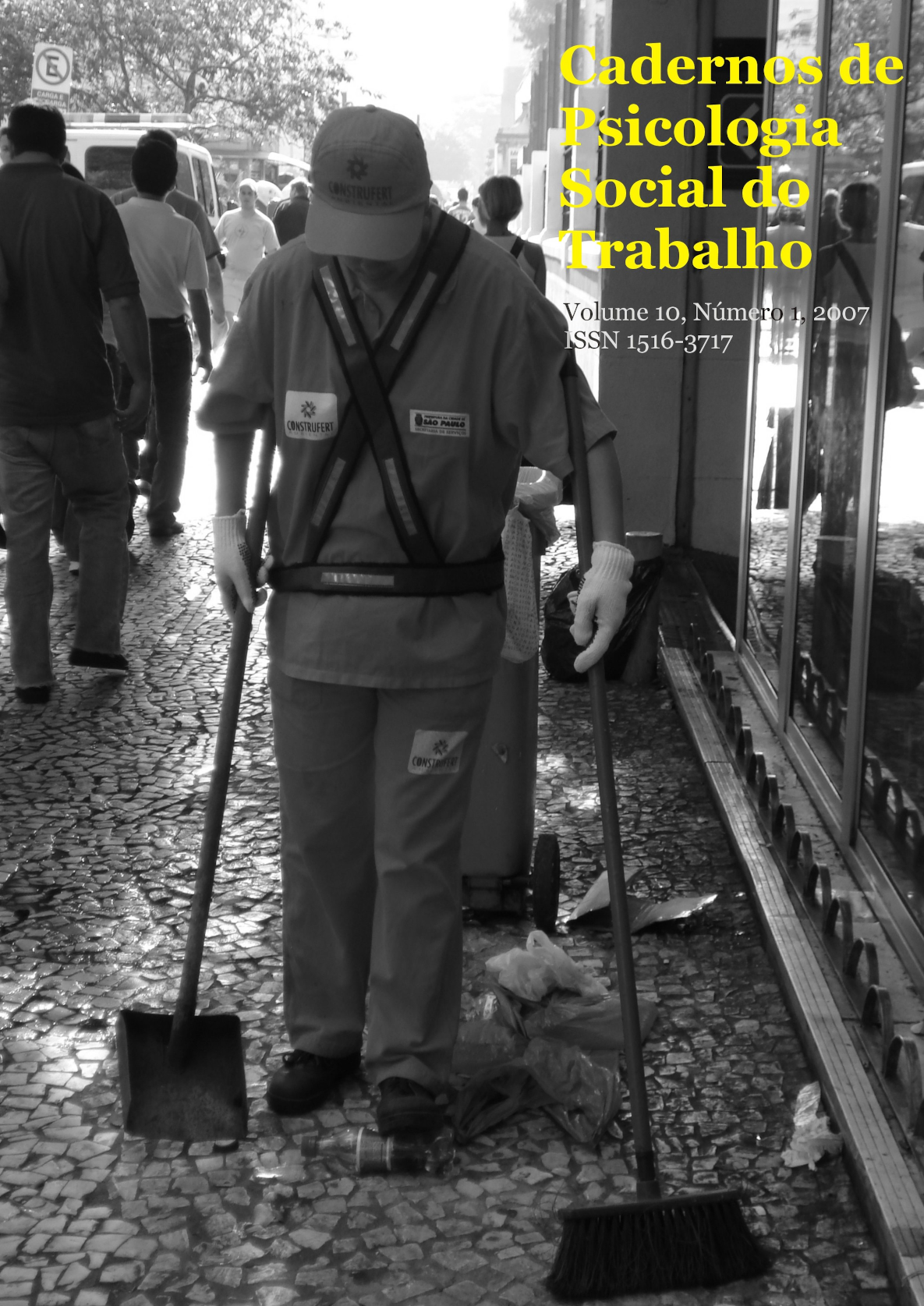Passionate attraction, work, and education in Charles Fourier's The new industrial and societary world
DOI:
https://doi.org/10.11606/issn.1981-0490.v10i1p1-19Keywords:
Charles Fourier, Theory of passions, Education, Work, UtopiaAbstract
Charles Fourier (1772-1837), philosopher and social reformer, the most original of the french utopian socialists of the XIXth century, is well known for his courageous suggestions for the radical reform of society in the sense of the individual and collective happiness. His work The new industrial and societary world (1829) is considered as a condensation of his doctrines. The idea of attracting work is based on the theory of dynamics of passions and passionate attraction, anthropological expression of the general law of attraction. In a very unique way, through an eccentric language, Fourier proposed the work organization in passional series regarding individual talents and passions, suggesting children education as a pleasant and varied productive activity. His theory of the passions as natural ground of the economical and social dynamics still remains a challenge to human sciences, philosophy and social practices.Downloads
Download data is not yet available.
Downloads
Published
2007-06-01
Issue
Section
Articles
License

How to Cite
Passionate attraction, work, and education in Charles Fourier’s The new industrial and societary world. (2007). Cadernos De Psicologia Social Do Trabalho, 10(1), 1-19. https://doi.org/10.11606/issn.1981-0490.v10i1p1-19






